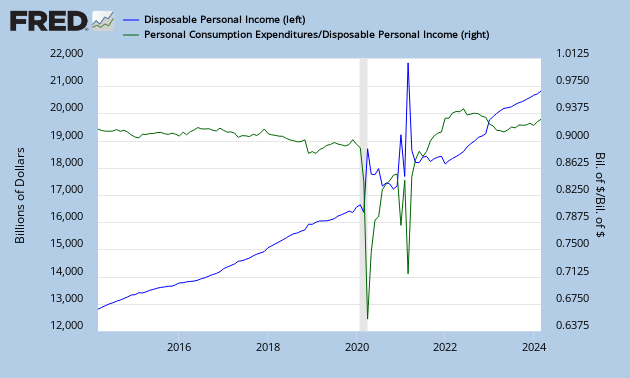Having participated in a process like this myself, where a pool of a given amount of dollars is allocated to a group to pass around as raises, giving larger percentage raises to lower-paid colleagues, I find it heartening to read that this is soemthing of a trend. If only Lloyd “Let them eat cake” Blankfein and his ilk on Wall Street—and the average Fortune 500 CEO being paid 275 times the average worker (in 1979 it was 27 times)—felt the same way.
As Newton resident Lisa Dodson, a Boston College sociology professor in the thick of a research project, was interviewing a grocery story manager in the Midwest about the difficulties of the low-income workers he supervised, he asked her a curious question: “Don’t you want to know what this does to me too?’’
She did. And so the manager talked about the sense of unfairness he felt as a supervisor, making enough to live comfortably while overseeing workers who couldn’t feed their families on the money they earned. That inequality, he told her, tainted his job, making him feel complicit in an unfair system that paid hard workers too little to cover basic needs.
The interview changed the way Dodson talked with other supervisors and managers of low-income workers, and she began to find that many of them felt the same discomfort as the grocery store manager. And many went a step further, finding ways to undermine the system and slip their workers extra money, food, or time needed to care for sick children. She was surprised how widespread these acts were. In her new book, “The Moral Underground: How Ordinary Americans Subvert an Unfair Economy,’’ she called such behavior “economic disobedience.’’
As Dodson’s questions grew more pointed, she began to hear fascinating stories. Andrew, a manager in a large Midwest food business, said he put extra money in the paychecks of those earning a “poverty wage,’’ punched out their time cards at the usual quitting time when they had to leave early for a doctor’s appointment, and gave them food.
Andrew had decided that by supervising workers who were treated unfairly - paid too little and subjected to inflexible schedules that prevented them from taking care of their families - he was playing a direct role in the unfair system, and so he was morally obligated to act.
Dodson concluded that Andrew and many like him were following the American tradition of civil disobedience - this time, against the economy - and creating a “moral underground.’’
But her book, which came out late last year, has provoked debate about the morality of such acts.
After Dodson talked about her book on a radio program, American Public Media’s “Marketplace,’’ some listeners posted comments on the show’s website arguing that supervisors like Andrew are cheating their employers.
Referring to the show’s host, a listener from Leesburg, Va., wrote, “I was surprised that throughout the entire interview, neither Tess Vigeland nor Ms. Dodson touched on what would seem to me a rather crucial point - that these ‘Ordinary Americans’ are stealing from the companies who employ them.
“The examples Ms. Dodson gave . . . are acts of theft from the companies, yet they are described as if somehow moral and virtuous. It’s one thing for me to see someone in need and open my wallet; its quite another to address that need by giving something I’ve stolen from my neighbor.’’
Although Dodson makes clear where she stands - the subtitle of her book includes the phrase “unfair economy’’ - she said she believes the debate is important.
“I think that this is a really important conversation that we should have in this country,’’ Dodson said. “What is the worst wrong here? Is it to break a rule or to pass some food over, or is it that we have tens of millions of children and people in families that are working as hard as they can and they can’t take care of their families?’’
Not all supervisors felt troubled by the plight of those who worked under them. Dodson interviewed supervisors who said they had no obligation beyond the bottom line of their company; some complained bitterly about the work ethic of those who filled low-wage jobs.
Dodson has had an unusual career trajectory for an academic. She was a union activist and an obstetrical nurse in Dorchester before she began teaching, first at Harvard and now at Boston College. In her first book, “Don’t Call Us Out of Name: The Untold Lives of Women and Girls in Poor America,’’ Dodson studied how women and their families coped in the face of welfare reform as their safety net vanished.
This time, though, she was drawn largely to the stories of those Americans who worked with the working poor, suggesting that the difficulties of that group also affect the lives of those who intersect with them.
“I feel as though there’s this tendency is this society to kind of think about low-income people as those people over there,’’ she said, “as though it’s an experience that’s sort of marginal and distant from those of us who are not poor.’’
In her new book, some of the most wrenching stories are about women who cannot afford child care and leave their children unattended at home, asking older children to watch the younger ones. They feared social service agencies would investigate them for neglect, but they felt they had no choice if they were going to keep their jobs.
“It was very common for parents to tell me that their kids spent a lot of time all by themselves at home,’’ Dodson said. “That puts the parent into just an untenable position: You’re a bad worker or you’re a bad parent.’’
Kathleen Burge can be reached at kburge@globe.com









